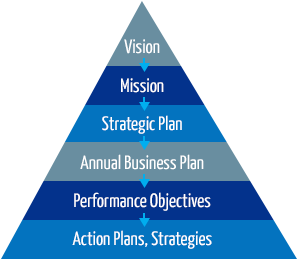Glossary
Strategic helping to achieve a plan , for example in business or politics : strategic planning a strategic withdrawal / advance Their bombs are always placed in strategic positions to cause as much chaos as possible . Planning the act of deciding how to do something: Events like these take months of careful planning. Company an organization that sells goods or services in order to make money . Goal an aim or purpose . Decision a choice that you make about something after thinking about several possibilities . Analysis the act of analysing something. Perform to do an action or piece of work . SWOT Analysis SWOT stands for Strengths, Weaknesses, Opportunities, and Threats, and so a SWOT Analysis is a technique for assessing these four aspects of your business.


